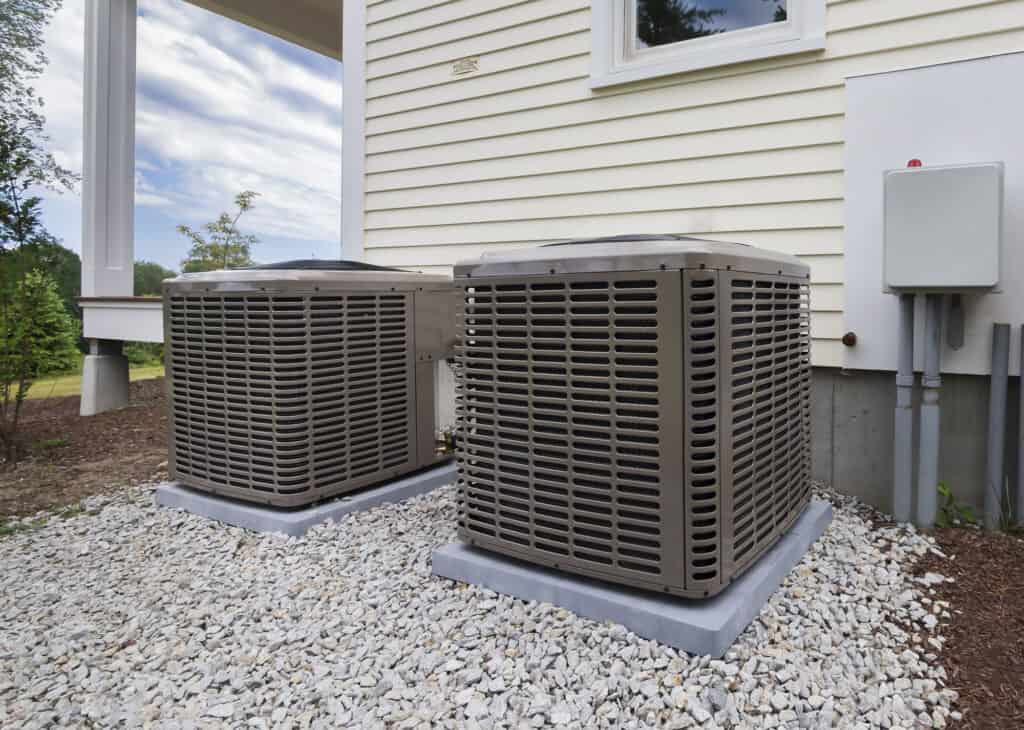HVAC systems play a crucial role in reducing energy use and enhancing sustainability. This endeavor is not solely about upgrading units but also involves adopting innovative strategies to optimize energy efficiency. Heating, Ventilation, and Air Conditioning (HVAC) systems are essential for maintaining indoor climate control. Implementing energy-efficient techniques by a HVAC contractor can significantly reduce energy costs and environmental impact, making it a pivotal focus area for businesses and homeowners alike.
Common HVAC Innovations
Modern HVAC systems have evolved to incorporate various innovations that enhance energy efficiency. High-efficiency units with variable speed technology lead the market by adjusting power consumption based on demand, thus optimizing energy use. Moreover, mechanical contractors are pivotal in integrating these technologies to ensure they perform optimally. Developing more efficient equipment designs and control systems continues to pave the way toward greener HVAC solutions, offering cost savings and contributing positively to environmental sustainability.
Benefits of Energy-Efficient HVAC Systems
Investing in energy-efficient HVAC systems brings numerous benefits. One of the most immediate and tangible advantages to efficient air conditioning installation is the reduction in utility bills, which results from decreased energy consumption. Additionally, these systems often show improved performance and reliability due to their advanced design and technology. Environmentally, energy-efficient HVAC systems play a pivotal role in reducing greenhouse gas emissions, aligning with global efforts toward sustainability.
Incorporating Smart Technology
Integrating innovative technology into HVAC systems offers remarkable enhancements in controlling and optimizing energy use. Devices such as smart thermostats enable precise management of indoor climates by learning user habits and adjusting settings for maximal efficiency. The Internet of Things (IoT) extends these capabilities, allowing remote monitoring and control of HVAC systems, ensuring they operate only when necessary, thus conserving energy.
Geothermal Heating and Cooling
Geothermal systems provide a sustainable alternative by using underground stable temperatures to regulate indoor temperatures. These systems are particularly effective in achieving greater energy efficiency than traditional HVAC systems. They deliver consistent heating and cooling with reduced energy consumption, leading to significant cost savings. The initial investment may be higher, but the long-term benefits make geothermal systems attractive to energy-conscious consumers.
Regular Maintenance for Peak Performance
Maintaining energy efficiency in HVAC systems depends mainly on regular upkeep. Routine maintenance services include inspecting and cleaning components, which help identify potential issues before they escalate. This proactive approach ensures that systems run efficiently and extends their lifespan, reducing the need for frequent replacements. Regular maintenance checks keep systems in optimal condition, ensuring they perform at their best year-round.
The Role of Insulation and Ductwork
Proper insulation is critical in supporting the efficiency of HVAC systems by minimizing energy loss. In conjunction, well-maintained ductwork ensures air is delivered effectively throughout the building. Leaks or obstructions in ductwork can lead to significant energy waste, undermining the system’s efficiency. Ensuring ducts are sealed and insulated correctly enhances the overall system performance, leading to improved energy savings.
Conclusion
Innovative HVAC strategies are essential for improving energy efficiency and decreasing operational costs. By embracing these methods, including innovative technologies, regular maintenance, and geothermal options, homeowners and businesses can significantly enhance their environmental footprint while enjoying financial savings. As technology advances, the potential for more efficient HVAC systems becomes evident, promising even more significant gains in energy conservation and sustainability shortly. Embracing these strategies is a proactive step toward a more sustainable and cost-effective future.





